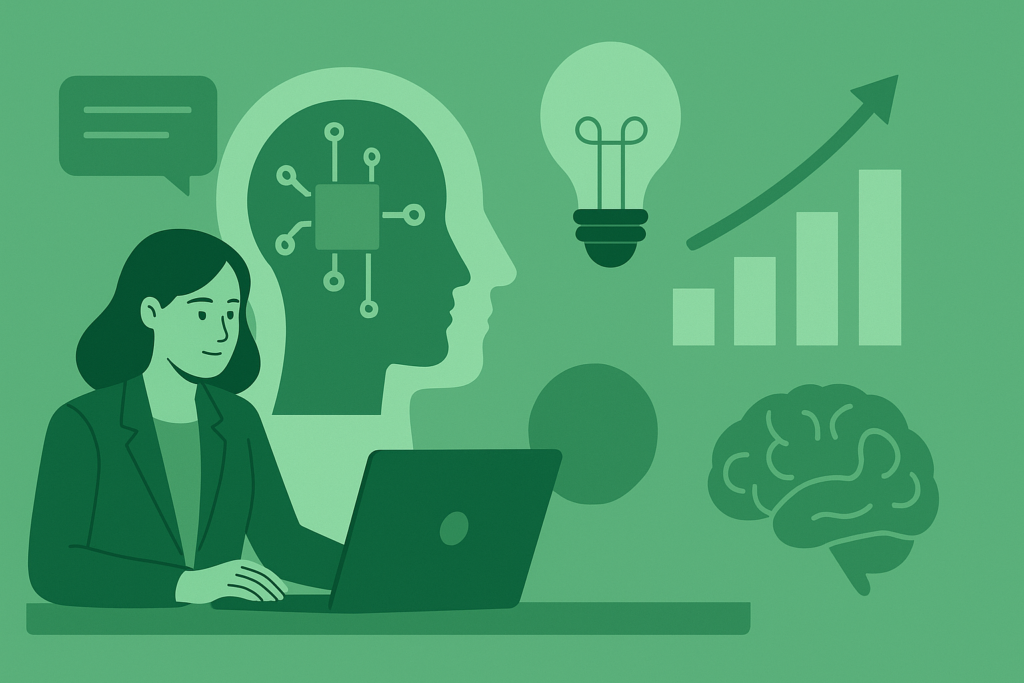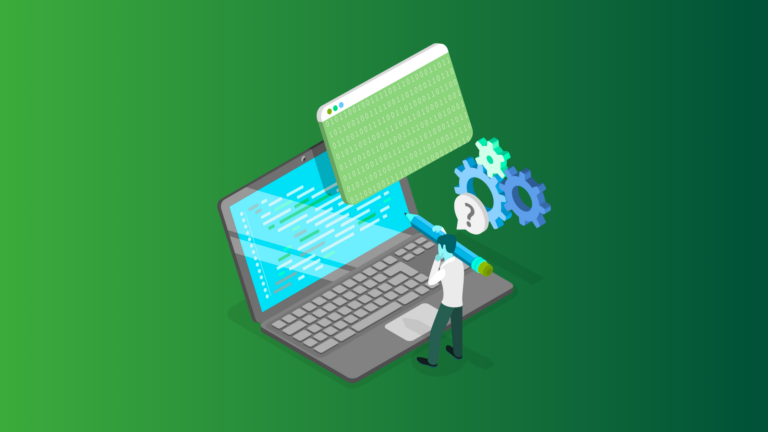Artificial Intelligence (AI) is no longer a specialized field—it’s an everyday workplace reality. From automating tasks to improving decision-making, AI is reshaping how employees work, communicate, and solve problems. To thrive in this environment, employees need more than just technical know-how—they need adaptable, future-ready skills that bridge people and technology.
Here are the top AI skills every employee should develop in 2025:
Prompt Engineering
The ability to craft clear, specific prompts for AI tools is one of the most valuable skills today. Well-structured instructions can generate better outputs, whether it’s drafting reports, automating workflows, or answering customer queries. Employees who master prompt engineering will unlock AI’s full potential for productivity.
Critical Thinking and Judgment
AI can generate impressive results, but it’s not infallible. Employees must evaluate outputs, question assumptions, and validate accuracy before acting on recommendations. This skill ensures AI is used responsibly and reduces the risks of error or bias.
Data Analysis and Interpretation
Even non-technical employees need to understand the basics of analyzing data. Skills like identifying trends, validating dashboards, and interpreting AI-powered insights help teams make smarter, data-driven decisions. Simple data literacy makes AI tools far more effective.
Ethical Awareness
As AI becomes more powerful, its responsible use is vital. Employees should understand AI ethics, data privacy, and the potential for bias. Awareness of regulations, such as the EU AI Act, ensures compliance and builds trust with customers and stakeholders.
Collaboration with AI Systems
AI is not replacing humans—it’s working alongside them. Employees need to learn how to refine AI results, provide feedback, and adapt workflows in partnership with intelligent systems. This collaborative approach turns AI into a teammate, not just a tool.
Basic Programming Literacy
Even a foundational understanding of programming concepts, like Python, helps employees better grasp how AI works. They don’t need to be developers, but familiarity with code supports problem-solving, customization, and innovation.
Communication About AI
Being able to explain AI’s strengths and limitations clearly is just as important as using it. Transparent communication fosters collaboration across teams and ensures everyone understands what AI can—and cannot—do.
Continuous Learning and Adaptability
AI evolves quickly. Employees who remain open to learning new tools, experimenting with workflows, and upskilling regularly will stay ahead of the curve. A growth mindset is the ultimate safeguard against obsolescence.
Conclusion: Preparing Your Workforce with Acadle
The future of work is AI-enabled, but people remain at the center of it. Employees need a mix of technical, ethical, and adaptive skills to harness AI effectively. This is where Acadle comes in.
With Acadle, you can build tailored learning paths that focus on AI readiness, deliver microlearning modules to keep employees updated on the latest tools, and track progress with real-time analytics. From onboarding employees to upskilling entire teams, Acadle makes it simple to integrate AI skills into your training strategy.
By combining flexibility, personalization, and scalability, Acadle ensures your workforce stays future-ready—equipped to thrive in an AI-powered world.
👉 Start building AI skills across your organization with Acadle today.



